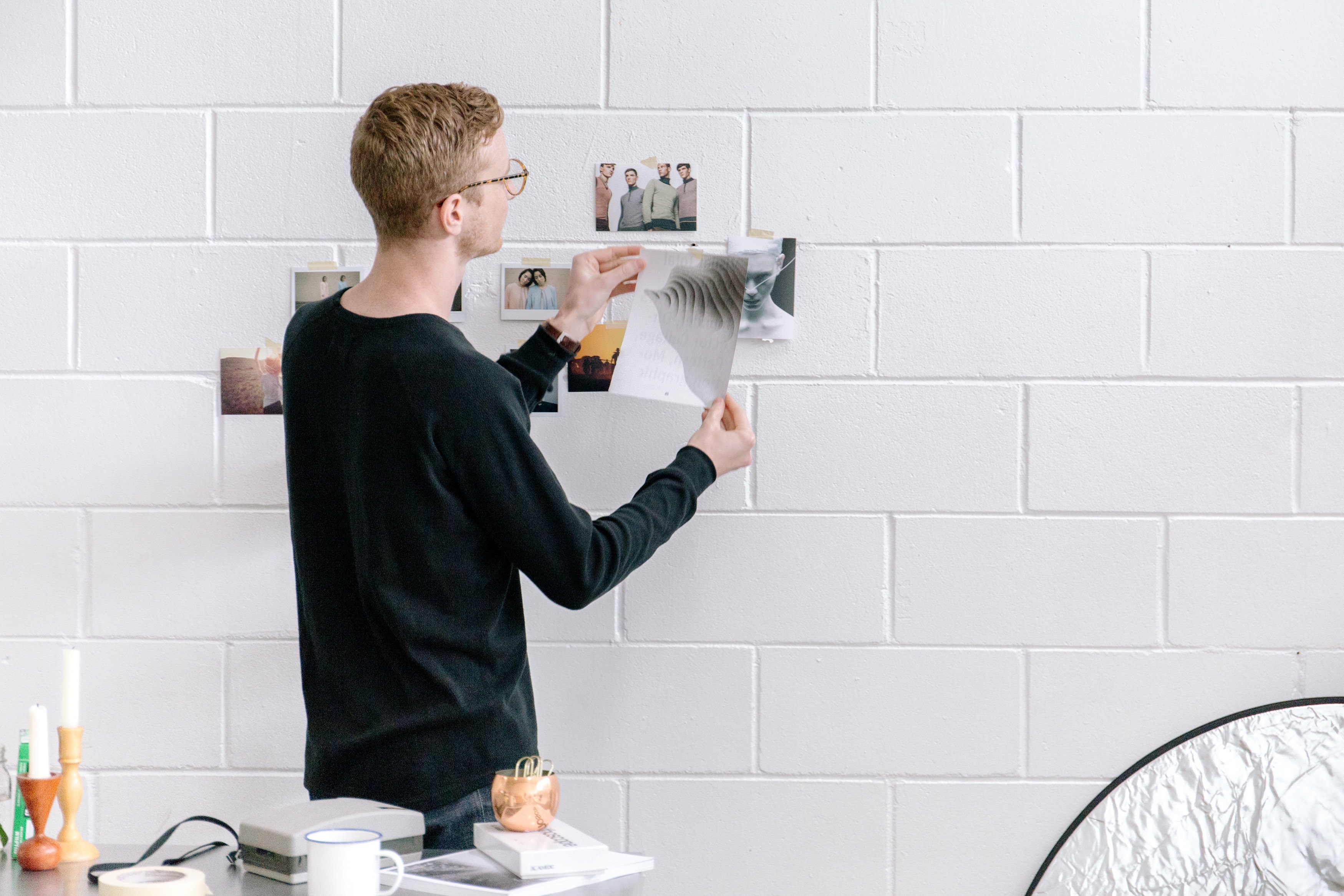I’ve always been drawn to ideas surrounding shared experience. Speaking to my good friend Rupert one evening, we got talking about what it was like for him growing up in a farming family as a gay man and the unique sense of isolation that he felt. As we researched further, we began to understand the extent to which being an LGBTQ farmer was so heavily wrapped up in ideas of identity, masculinity and community. Over the course of about a year, we collected stories and experiences from LGBTQ farmers, trying to get an understanding of their perspectives and some of the issues that they faced, both individually and collectively. But the moment that I think defined the film more than any other was the decision to use Keith Ineson’s helpline as the lens through which to view those experiences. For me, establishing that very clear framing device is when all the research clicked into place and the project became a film.

I work in both documentary and scripted film and in recent years I have become increasingly interested in making films that experiment with story structure and that blur the boundaries between fact and fiction. I love documentaries that push the form but I’m also extremely cautious of style over substance. The idea with Landline was that everything from the narrative structure to the visual language, the audio recordings to the music, were influenced by the helpline. I loved the idea of making a film that in some ways felt like being on the end of a phone, listening to these stories. We wanted to create an active conversation where the stories of a group of individuals compound and react with each other to paint to broader picture.
At every stage of the production, having this very clear framing device gave us something concrete to hang our decisions on. I’d say most notably, this is reflected in the way that the film is structured. It’s episodic and heavily influenced by Keith’s experience of never knowing who might be on the other end of the phone. The visual language that we established uses the idea of anonymity as a starting point and it ended up being the reason that we landed on a reconstructive approach using actors to play out the five stories. The idea of the organic also became a constant touchstone for us throughout. Of course, at it’s most obvious it’s reflected in the way that we represented the tones and brutality of the British farmland but as a broad theme, it’s also the reason we ended up shooting on film, it influenced our musical approach hugely and it’s directly responsible for the way that the voices of our contributors are treated.

For me, having that consistent lens through which to look at a subject, and then trusting that lens absolutely, was a real revelation. The film hangs totally on the honesty and openness of our contributors. Without their generosity it wouldn’t have been possible. They are the emotional centre of the film and everything else orbits around and is influenced by their stories.


